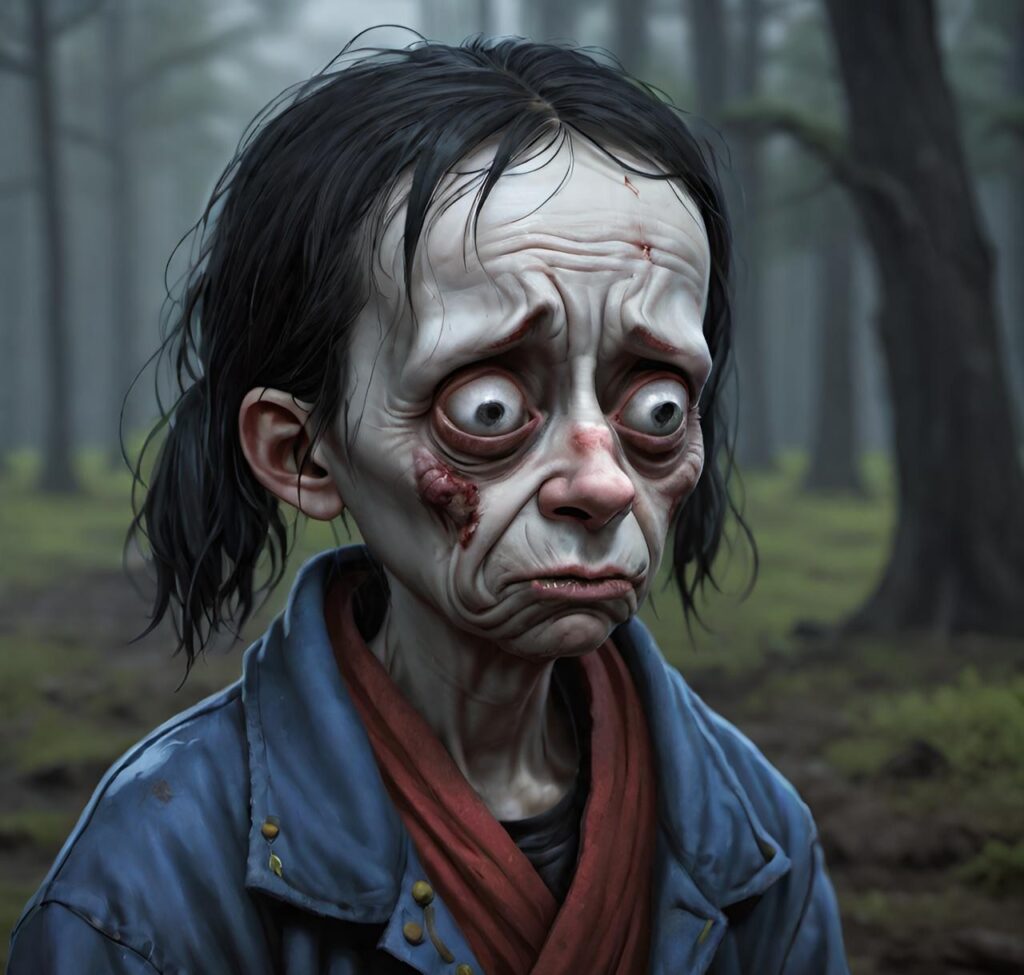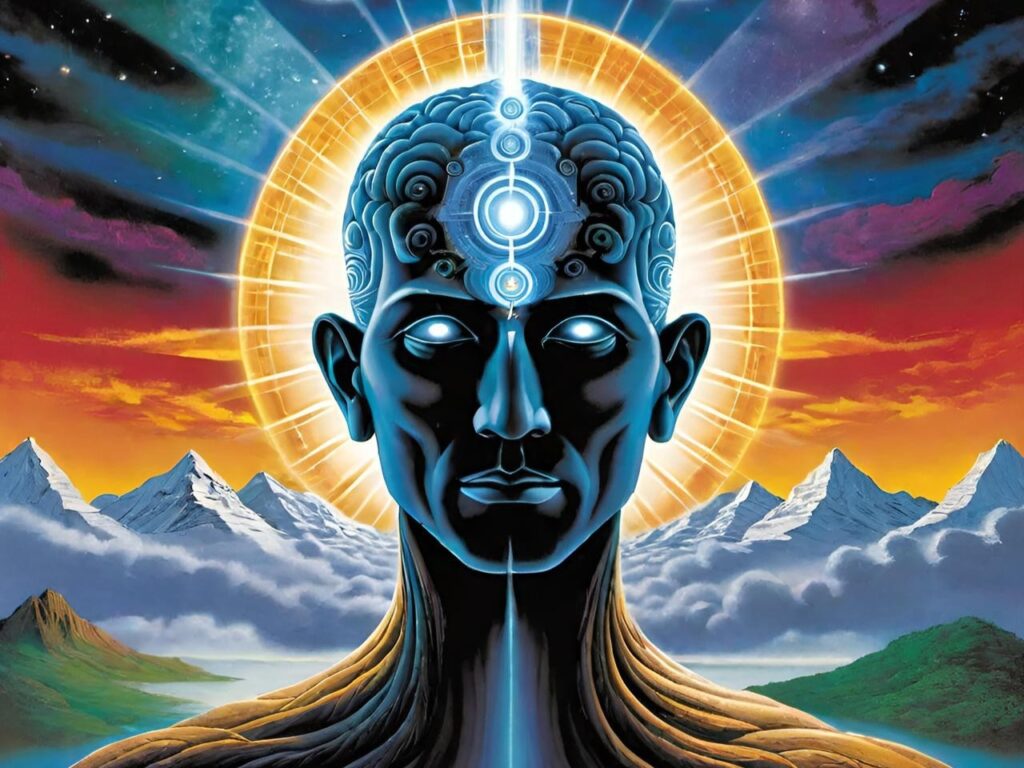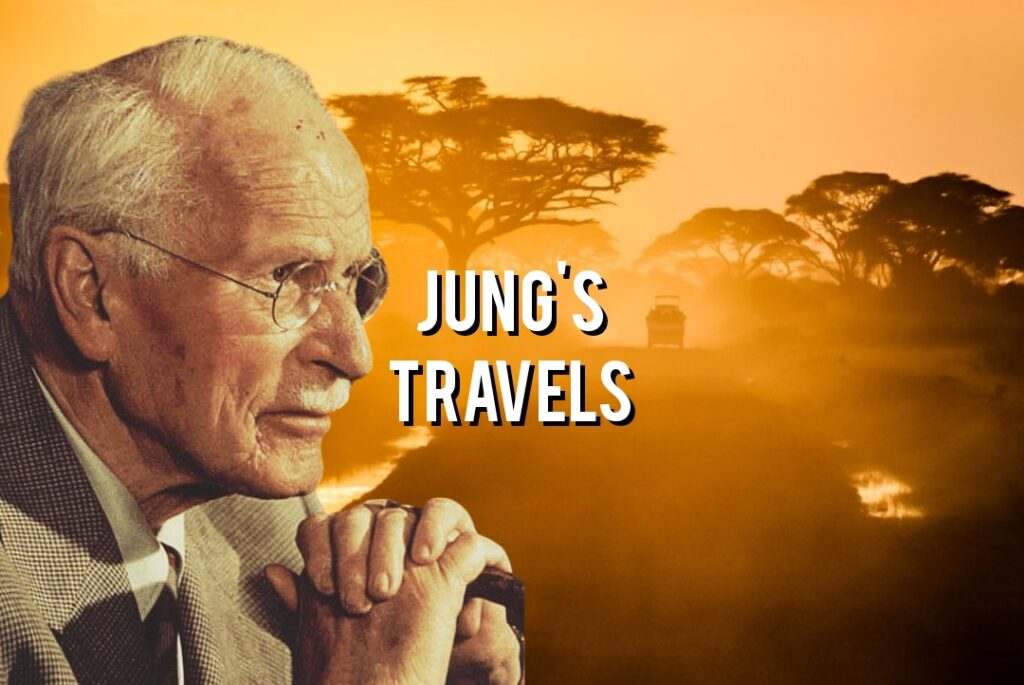The human brain is a marvel of evolution, orchestrating an intricate ballet of thoughts, emotions, and actions. At the heart of this complex interplay lies the brain’s reward system, a critical network of neural pathways designed to reinforce behaviors essential for survival and reproduction. But what if this fundamental aspect of our neurology was absent? Imagining a world without the brain’s reward system unveils a landscape vastly different from our own, profoundly affecting individual behavior and the fabric of society.
Before delving into this hypothetical scenario, it’s crucial to understand the reward system’s role. This neural network, centered around structures such as the nucleus accumbens, ventral tegmental area, and parts of the prefrontal cortex, responds to rewarding stimuli by releasing dopamine. This release creates feelings of pleasure and satisfaction, encouraging the repetition of behaviors that led to the reward. From enjoying a delicious meal to succeeding in a challenging task, the reward system plays a pivotal role in learning, motivation, and emotional regulation.
A World Without Rewards
Without the reward system, the fundamental drivers of motivation and pleasure would vanish. Consider the implications across various dimensions of human experience:
1. Learning and Development
The absence of a reward system would strip away the intrinsic motivation to explore and learn. Children learn to speak, read, and engage with their environment through positive reinforcements. Without these reinforcements, cognitive and social development would be severely hindered.
2. Social Bonds and Relationships
Human connections are reinforced by the positive feelings that come from social interactions. Without the reward system, the emotional glue that binds people together in friendships, romantic relationships, and communities would weaken, leading to a society markedly less cohesive and empathetic.
3. Work and Achievement
The pursuit of goals and the satisfaction of achievement are directly fueled by the brain’s reward pathways. Without the dopamine-driven sense of accomplishment, motivation in professional and personal endeavors would plummet. This lack of motivation could lead to a stagnation in innovation, productivity, and the pursuit of personal and collective goals.
4. Mental Health
The reward system is intricately linked with mental health. Its dysregulation is implicated in conditions such as depression, anxiety, and addiction. However, completely removing this system could create a world where the emotional landscape is flattened, potentially eliminating some mental health issues but also removing the capacity for joy, fulfillment, and contentment.
5. Adaptation and Survival
At its core, the reward system is about survival. It encourages eating, reproducing, and engaging in behaviors beneficial for the individual and the species. Without it, the very mechanisms that have propelled human evolution could be undermined, challenging the survival of individuals and communities.

Navigating A Reward-less World
In this alternate reality, humans would have to find new ways to navigate life’s challenges. Societies might develop alternative mechanisms to encourage learning, cooperation, and productivity, possibly relying more heavily on cognitive strategies and external regulations. However, the richness of human experience, fueled by joy, curiosity, and the pursuit of happiness, would be fundamentally altered.
Conclusion
Imagining a world without the brain’s reward system opens a window into understanding its vital importance in shaping human behavior, relationships, and society at large. While this thought experiment takes us into uncharted territories, it underscores the intricate balance of biological systems that enable the richness of human life. As we continue to explore the mysteries of the brain, appreciating the role of the reward system can inspire gratitude for the simple pleasures and profound connections that define the human experience.





